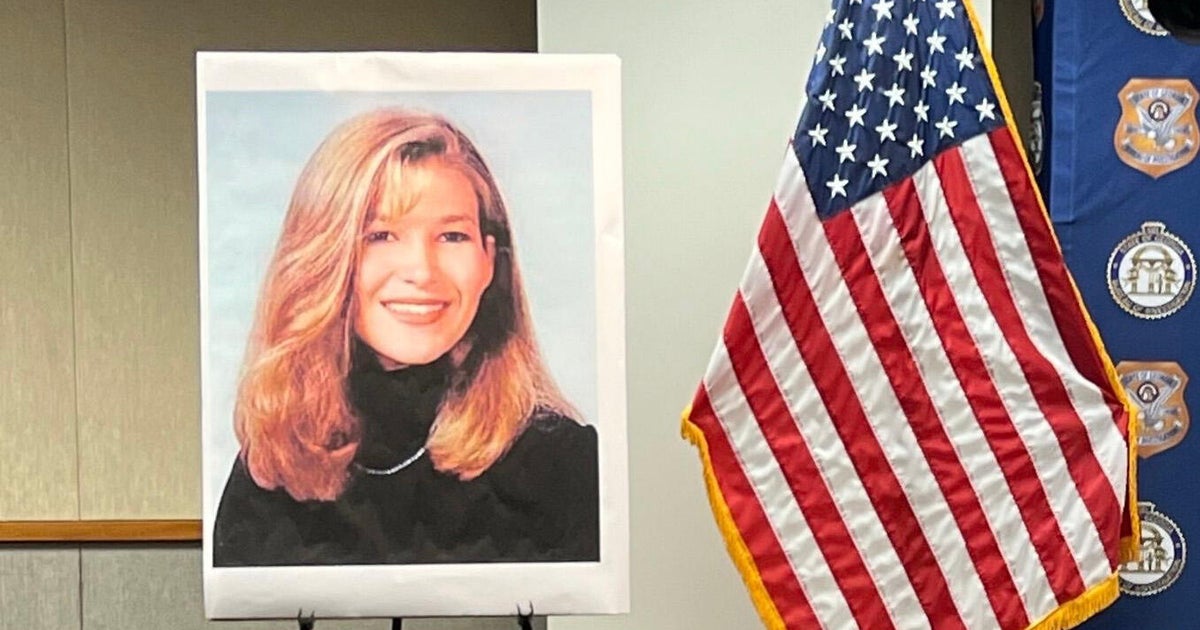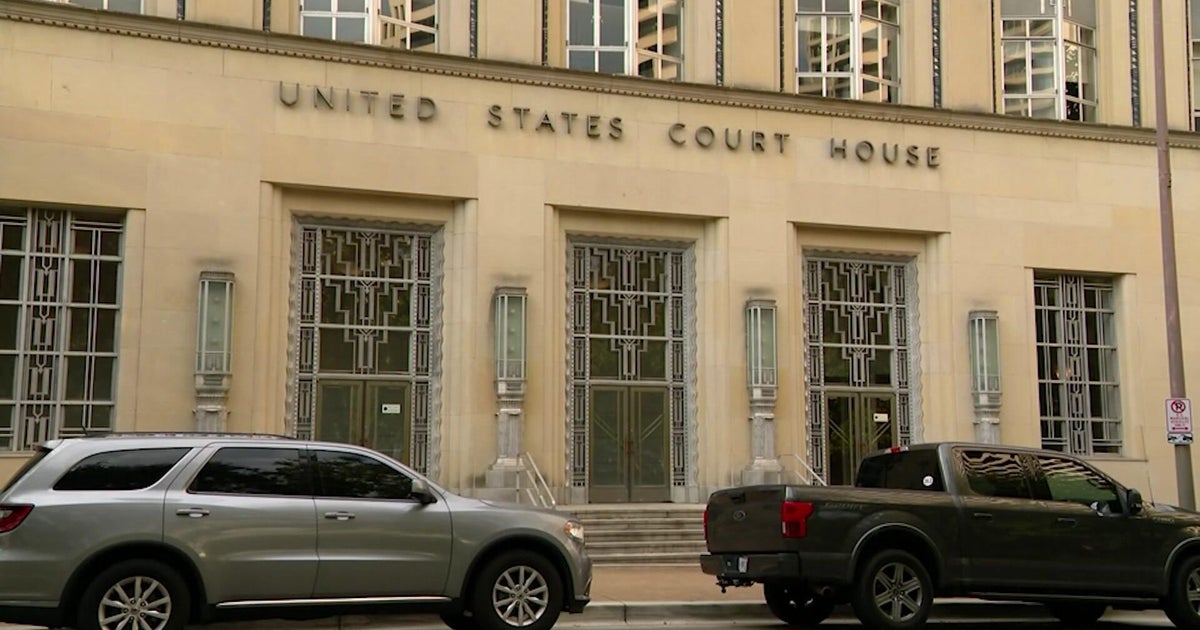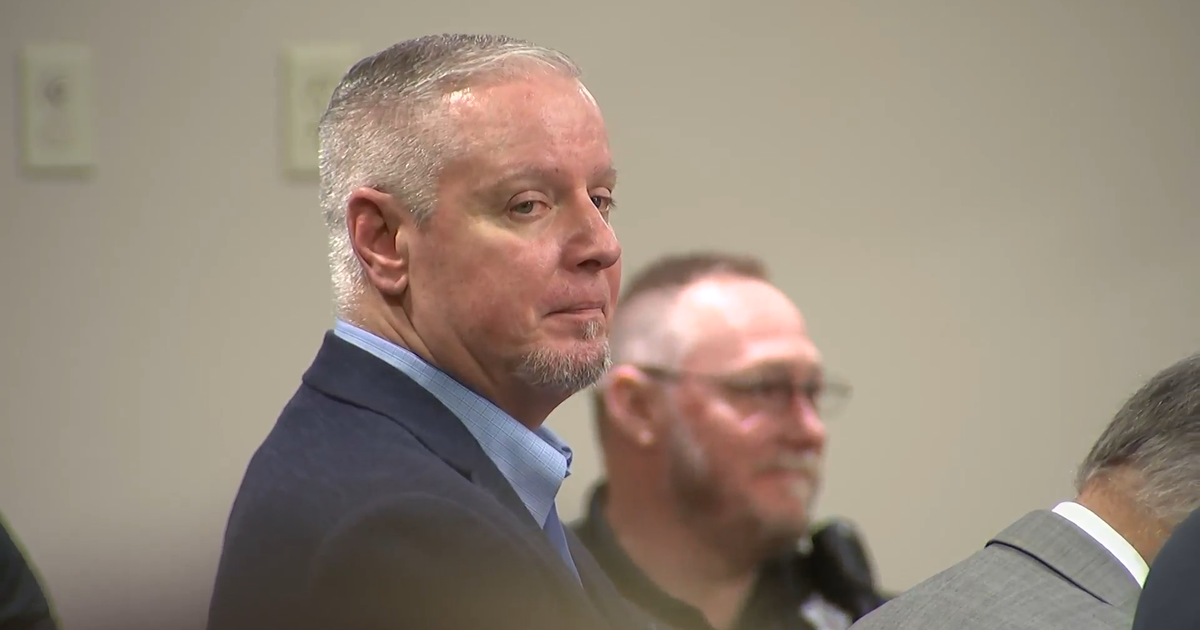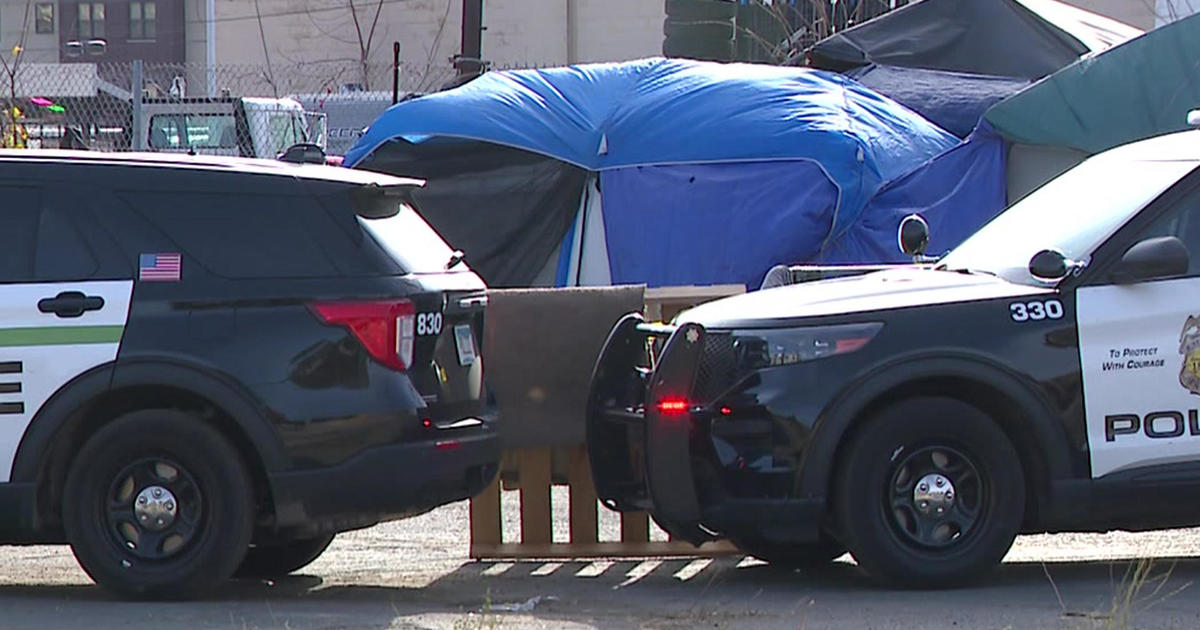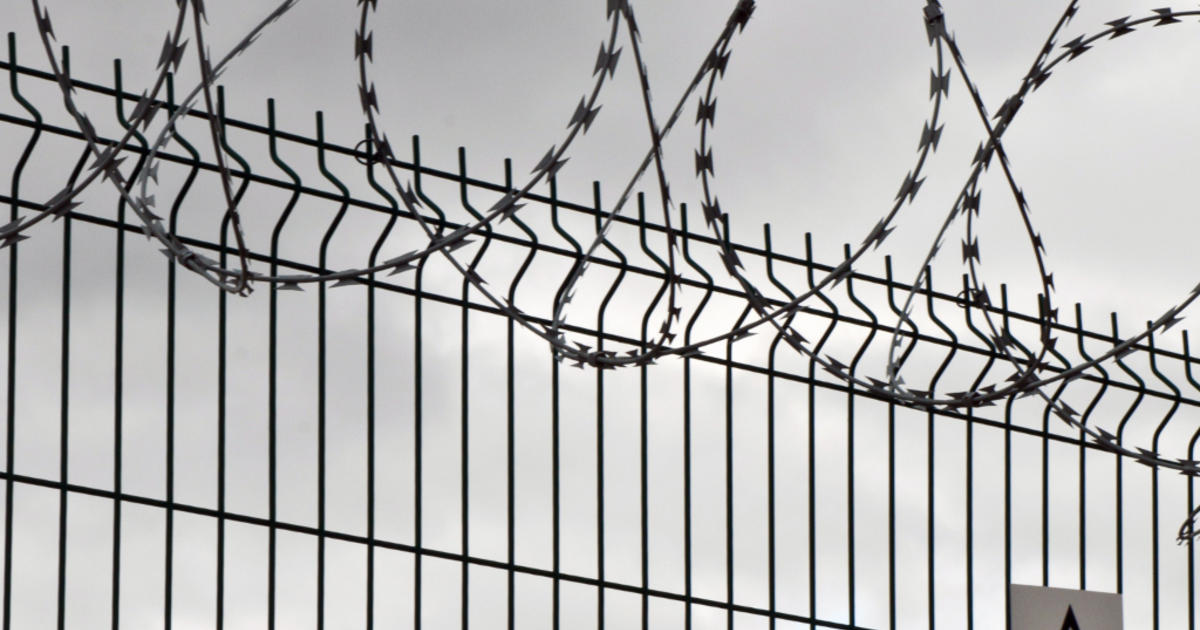Law professor says Robert Bowers' death sentence is start of what could be years of litigation
PITTSBURGH (KDKA) — A judge may have sentenced Robert Bowers to death, but the Pittsburgh synagogue shooter won't be executed anytime soon, and it could be years before he faces the ultimate punishment.
A law professor at St. Vincent College, Bruce Antkowiak, said this death sentence is the start of what could be years of litigation.
"These are not instances where the execution will happen in any sort of the immediate proximate future. It's just not going to happen," Antkowiak said.
First, the convicted gunman will likely file a direct appeal of the verdict, in which his defense attorneys will raise errors they believe happened during the trial.
"The court has to determine independently whether the verdict was the result of passion or prejudice or some other improper basis," Antkowiak said.
He believes arguments in this case could include suppression of certain evidence. The defense could also bring up its denied request to exhume the body of Bowers' father to confirm paternity after claiming he passed on mental illness to his son.
If that appeal is unsuccessful, the convict could then seek federal habeas corpus relief by claiming his defense team was ineffective. The thing is, Bowers never contested committing the massacre, and his team spent more than four years researching and preparing for court.
"Most appeals do not result in a successful result for a defendant," Antkowiak said.
Examples of how long this could take include Dylann Roof, the Charleston church shooter, and Dzhokhar Tsarnaev, the Boston Marathon bomber. A judge sentenced Roof to death in 2017 and Tsarnaev in 2015. They're both still in the appeals process.
Then, there's the current federal moratorium on executions. In the last six months of the Trump administration, the government executed 13 prisoners by lethal injection at the federal penitentiary in Terre Haute, Indiana, where Bowers will likely end up. Under the Biden administration, there hasn't been one.
"If a new administration comes in or if the current administration changes its posture with respect to these and the appeal process is exhausted, there's nothing to prevent the execution from then moving forward," Antkowiak said.
There's such a thing as a last-ditch appeal claiming insanity around the time of execution. Antkowiak said to prove, it would have to be more than just a result of psychological challenges sustained in isolation.

